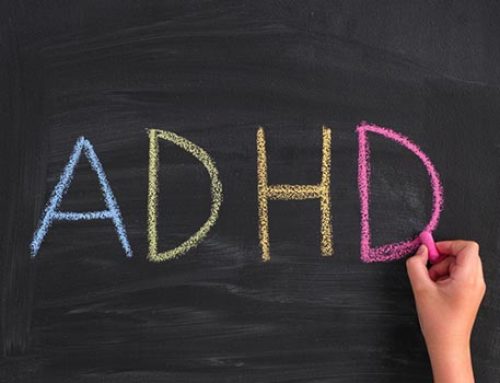
When your child is diagnosed with ADHD or executive function deficits, it is natural to try to jump in and “fix” things for them.
This is a common reaction. It’s tough to see our children struggle. After all, one of our primary tasks as parents is to protect them from harm.
As parents, we often jump at the ready to save our children. Here is the thing, there is nothing that needs to be fixed or saved. Children with ADHD or executive function deficits perform differently, but this does not mean that their way is wrong. There is no right way for them— only their own way.
Let’s work to move away from words like fix, help, and save. Instead, let’s look at how we can support our children in what may be a lifelong journey.
How can you support your child with ADHD or executive function deficits? First, look at what you are currently doing. I often find that parents are either all in or they are completely lost on how to help their child. The all-in parent has a tendency to take over their child’s process. They may find themselves doing the following:
- They “do” for their child instead of delegating the work for them.
- They instill and insist on their own methods rather than finding what works best for their child.
- They are their child’s voice when dealing with teachers and others.
- They manage their child’s agenda.
- They have trouble allowing their child to find their own way.
If this sounds like you, I strongly advise you to reconsider your approach. Of course, your support will depend on the age and grade of your child, but the above tactics will not necessarily set them up for success. Your child may become overly reliant on you to do their work, instead of developing their own skills.
Here are a few tips on how you can become a supportive parent while still enabling your child to become self-aware and discover their own process.
Tip #1:
Realize that ADHD is an “all in the family” issue.
Parents tend to think that ADHD and executive function deficits are singular to only the child that is diagnosed and that somehow it is only the parent’s role to help. But such a diagnosis affects the entire household. When setting up systems with your child, be sure to engage the help and cooperation of the entire family. For example, if your child needs a body double (someone in the room doing similar tasks) in order to complete homework, set up a workspace where you or one of their siblings can be in the same room while doing their work. This can make your child more comfortable with the homework process.
Tip #2:
Look at yourself.
I cannot tell you how many times a parent says to me, “I am pretty sure I have undiagnosed ADHD.” That could very well be true. ADHD is genetic. In fact, it is 70% genetic. So, it is likely that if your child has ADHD, someone else in the family may have it as well. If you believe you may have ADHD, it might be worth considering getting your own diagnosis. Even if you choose not to seek a diagnosis, you should at least be self-aware of your issues.
If you yourself struggle with organization, focus, procrastination, and the other characteristics of ADHD or executive function deficits, it may be asking too much of you to then assist your child with these same issues. Alternatively, parents who have ADHD or executive function deficits and have developed their own strategies to deal with it are often the same parents who insist that their child uses the same methods that they use. After all, it worked for you, right? Wrong. ADHD is different in every person. Children with ADHD have to find the strategies that uniquely work for them.
Tip #3.
Slow down and build your village.
Parents often find themselves on the “fix it” treadmill. They are constantly trying to stay ahead of their child’s needs. After all, no one is slowing down the school year so that your child can take the time to learn new strategies and skills that will address their struggles. School, however, is just that – a place to learn new skills and strategies. Take some time to reflect on yours and your child’s processes. Engage in conversations with teachers and administrators that are truly helpful. Ask for their input and participation. Then take a pause every so often and ask yourself, “Is this working for my child?”
Tip #4.
Forgive yourself.
Even if you are a parent with ADHD or executive function deficits, or if you have read so much on the subject that you are now an expert, stop beating yourself up for making mistakes along the way. ADHD is not static in its presentation. New frustrations will arise often, and what worked last year may not work this year. Rather than berating yourself over any perceived failures, be sure to acknowledge all of the successes. And, as Dory from Disney’s Finding Nemo would say, “Just keep swimming”.
If you need assistance with supporting your child and yourself, perhaps it is time to consider working with an ADHD and executive function coach. I can help you and your child put appropriate strategies in place so that you both feel you have a plan that keeps you moving forward. If you are interested in having a conversation with me, just schedule a Welcome Call here.






